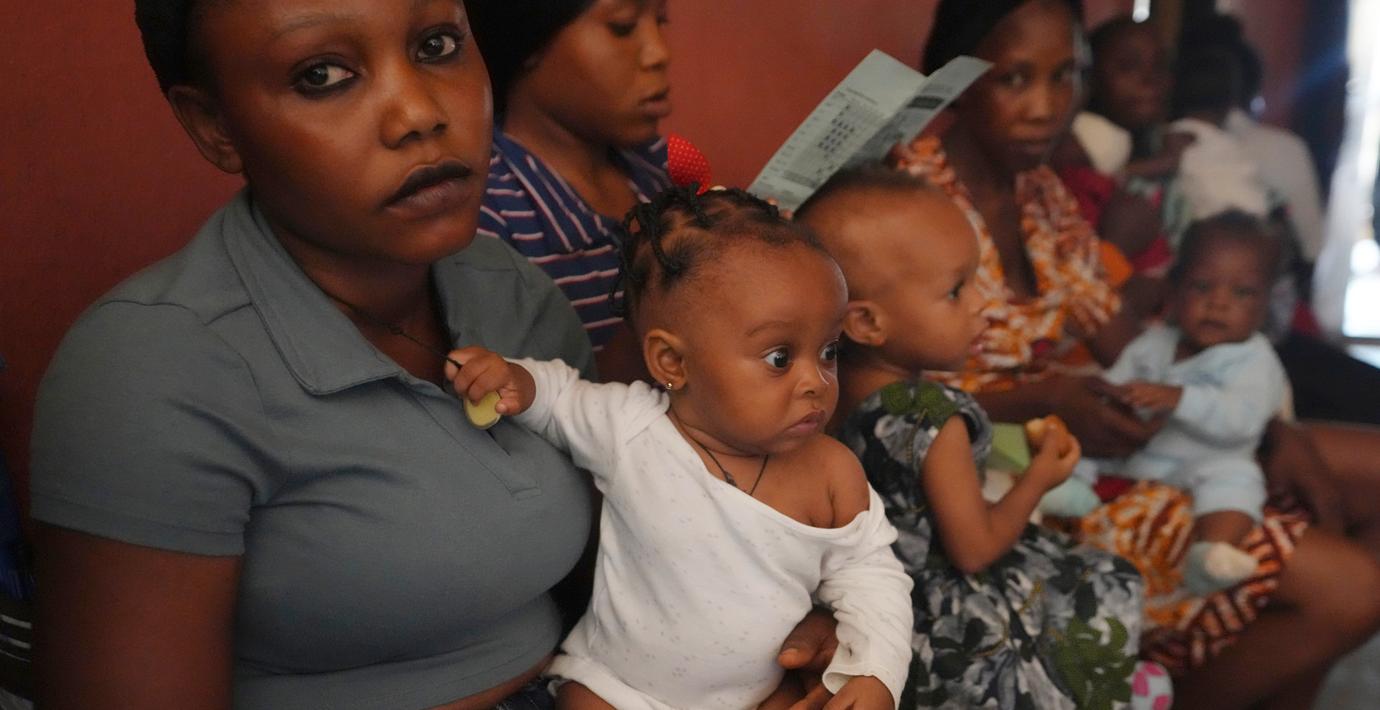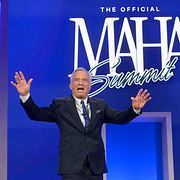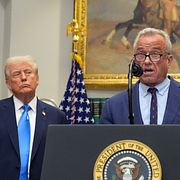
USA avslutar stödet till global vaccinationsallians
USA avslutar stödet till den internationella vaccinalliansen Gavi. Det rapporterar flera medier.
Beskedet kommer efter att USA:s hälsominister Robert F Kennedy JR, en mångårig vaccinskeptiker, hållit ett skarpt tal på en givarkonferens för Gavi. Där anklagade han hälsoorganisationen för att ignorera riskerna med vaccin, enligt Politico som har sett talet.
Kennedy hävdade bland annat att Gavi och WHO tystat ner avvikande åsikter under pandemin. Han uttryckte också tvivel kring vaccin mot difteri, stelkramp och kikhosta, som forskningen bedömer som säkra och effektiva.
bakgrund
Gavi
Wikipedia (en)
GAVI, officially Gavi, the Vaccine Alliance (previously the GAVI Alliance, and before that the Global Alliance for Vaccines and Immunization) is a public–private global health partnership with the goal of increasing access to immunization in poor countries. In 2016, Gavi channeled more than half of total donor assistance for health, and most donor assistance for immunization, by monetary measure.
Gavi supports the immunization of almost half the world's children. Gavi has helped immunize over 760 million children, preventing over 13 million deaths worldwide, helping increase diphtheria vaccine coverage in supported countries from 59% in 2000 to 81% in 2019, contributing to reducing child mortality by half. It also seeks to improve the economics of vaccines, negotiating bulk prices, supporting price discrimination, and reducing the commercial risks that manufacturers face when selling vaccines to the poor and developing vaccines. It also provides funding to strengthen health systems and train health workers across the developing world, though the effectiveness of its health-system-strengthening programs is disputed.
Along with Global Health Initiatives (GHIs) in general, Gavi was described as innovative, effective, and less bureaucratic than multilateral government institutions like the WHO. Gavi programmes may produce quantified results within an election cycle, which is appealing to parties locked in an election cycle. One author described Gavi's approach to public health as business-oriented and technology-focused, using market-oriented measures, and seeking quantifiable results. Gavi follows a model termed the "Gates approach" or US-type approach. It contrasts with the approach typified by the Alma Ata Declaration, which focuses on the effects of political, social, and cultural systems on health.
Gavi facilitates vaccinations in developing countries by working with donor governments, the World Health Organization, UNICEF, the World Bank, the vaccine industry in both industrialised and developing countries, research and technical agencies, civil society, the Bill & Melinda Gates Foundation and other private philanthropists. Gavi has observer status at the World Health Assembly. GAVI has been criticized for giving private donors more unilateral power to decide on global health goals, prioritizing new, expensive vaccines while putting less money and effort into expanding coverage of old, cheap ones, harming local healthcare systems, spending too much on subsidies to large, profitable pharmaceutical companies without reducing the prices of some vaccines, and its conflicts of interest in having vaccine manufacturers on its governance board. Gavi has taken steps to address some of these concerns.
Omni är politiskt obundna och oberoende. Vi strävar efter att ge fler perspektiv på nyheterna. Har du frågor eller synpunkter kring vår rapportering? Kontakta redaktionen



